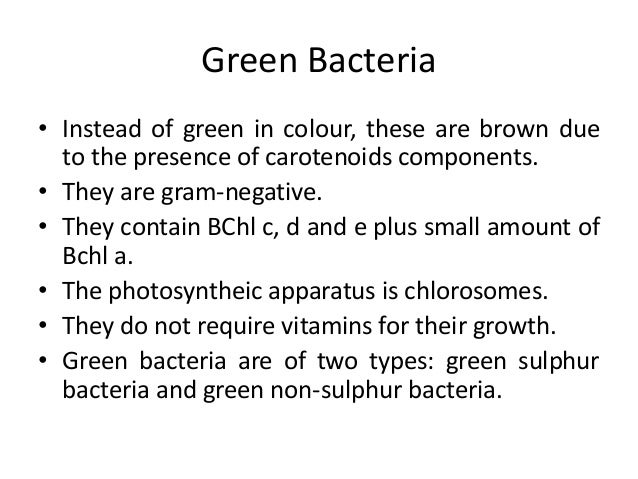

They may also need support with their breathing and feeding. If your child is young or sick enough to be in hospital, they will often have antibiotics by a drip (into a vein). Doctors may use antibiotics when it is not clear whether your child's pneumonia is viral or bacterial. Your doctor will give antibiotics to your child if they have bacterial pneumonia. If your child looks very unwell, and especially if they're very young, your doctor may ask you to take them to hospital.

Sometimes, they may arrange a chest x-ray which will usually show the pneumonia. Your family doctor can usually diagnose pneumonia in your child after listening to their chest. has periods of irregular breathing or pauses in breathing.is becoming very sleepy and not easy to wake up.suddenly gets worse after beginning to get betterĭial 111 within New Zealand (use the appropriate emergency number in other countries) and ask for urgent medical help if your child:.doesn't seem to be getting better from a mild illness.is having less than half their normal feeds.is breathing fast, has noisy breathing and is having to use extra effort to breathe.You should see a doctor urgently if your child: If you are worried that your child may have pneumonia, you need to see a doctor. When should I seek help for my child with pneumonia? If this happens, your child will usually have a cold for a few days, and then become more unwell quite quickly. Sometimes bacterial pneumonia develops during a viral infection. Your child may be very tired and look quite unwell. It causes high fever, a cough, and breathing problems. Bacterial pneumoniaīacterial pneumonia usually develops faster, over a day. Then there is a cough, and sometimes fever, before breathing problems develop. Viral pneumonia usually develops over days. Your child with pneumonia is usually very tired and looks unwell. putting a lot of extra effort into breathing.Pneumonia causes cough, fever and trouble with breathing. What are the signs and symptoms of pneumonia?Ĭheck the signs that show your child is struggling to breathe have other long-lasting medical problems.have feeding problems, such as food or liquid going down the wrong way, into the lungs (aspiration).are taking a medicine that affects the infection-fighting (immune) system.



 0 kommentar(er)
0 kommentar(er)
